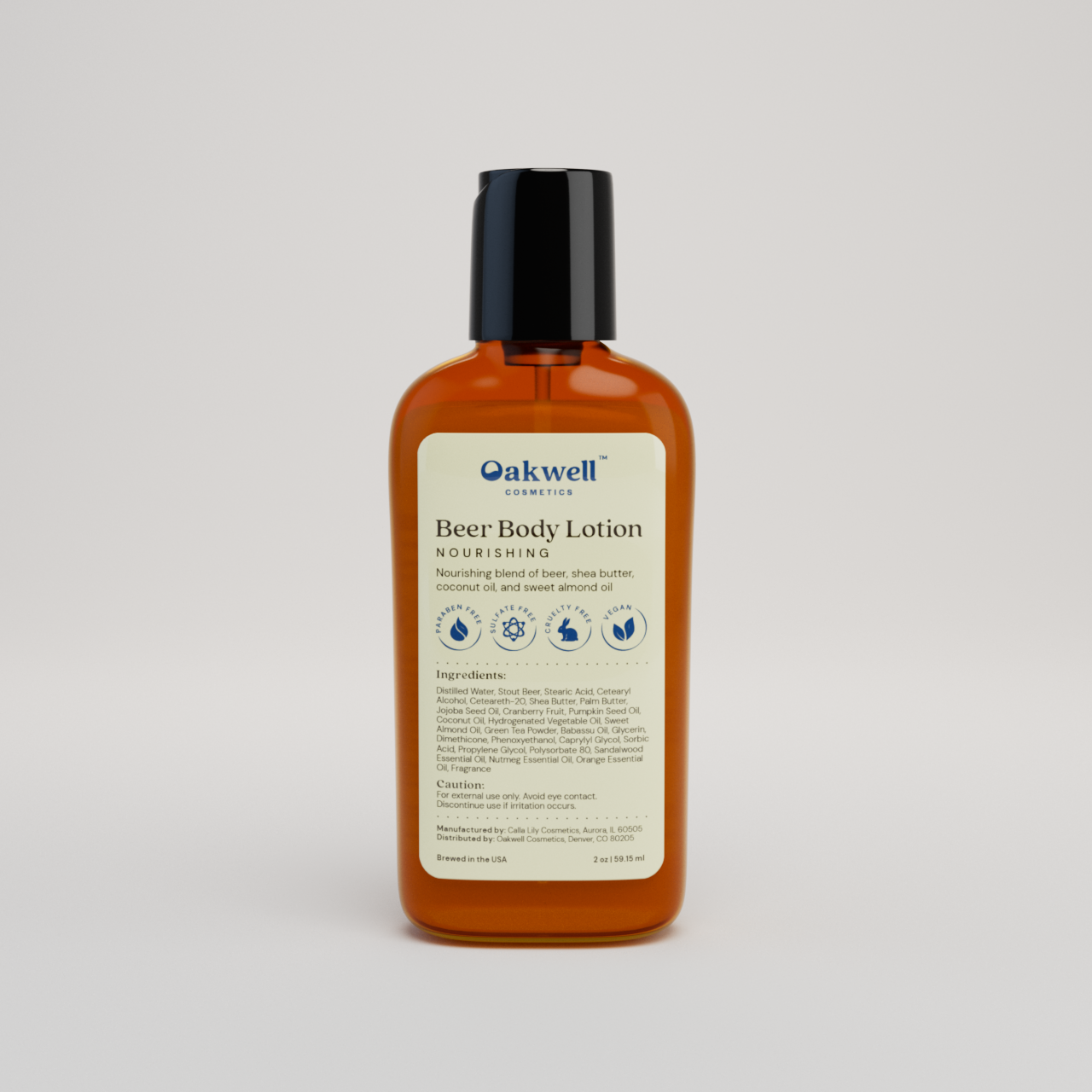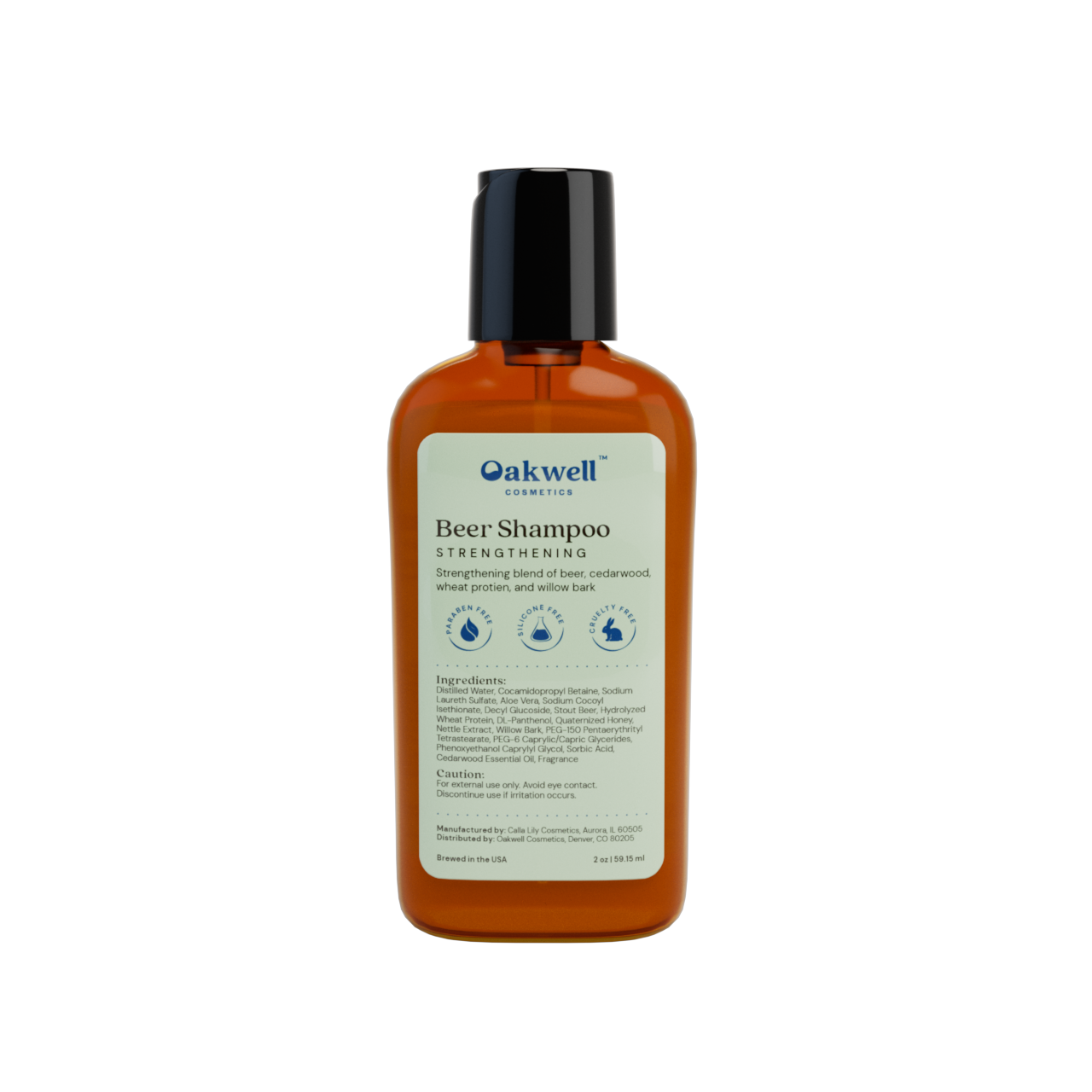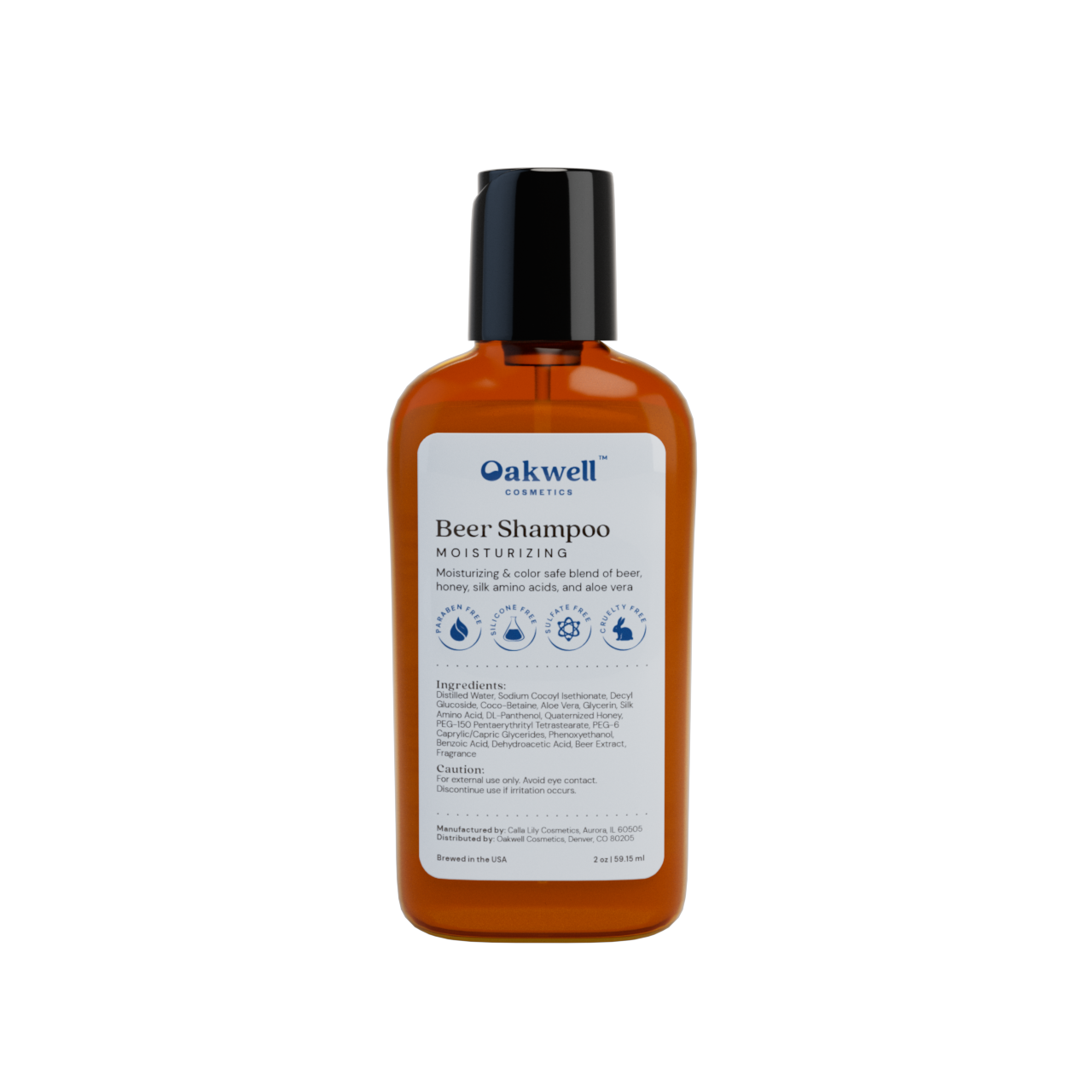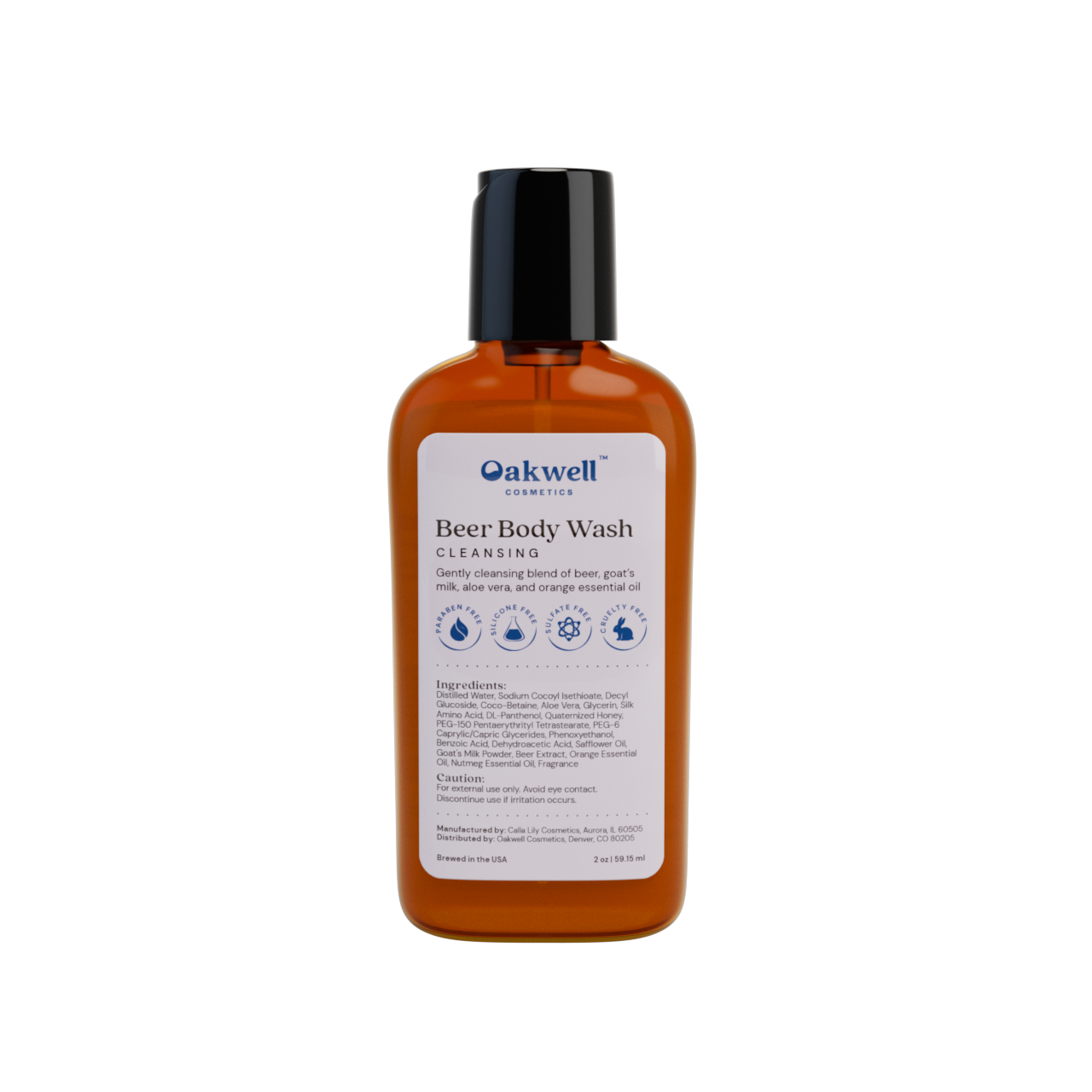Practical Tips for Healing Stress and Feeling Better

Although stress is a normal emotion that most people deal with either often or occasionally, stress management is important and possible. Overcoming and healing stress is necessary for self-care and long-term well-being.
Stress is a natural response to challenging experiences. Everyone experiences and responds to stress differently. While stress can be positive because it signals something may be wrong, chronic or unresolved stress can be unhealthy.
In this article, we’ll share ways to manage stress and how you can practice calming techniques during stressful moments and in your daily life.
10 Ways to Manage Stress
There are many ways to manage and heal stress, including finding the root cause, letting your body rest, and practicing mindfulness. Stress management looks different for every individual and experience, but the key is finding what’s most effective in helping you calm and regulate your nervous system.
Below, we’ll explore various ways you can manage stress with insights from medical and mental health professionals.
1. Find the Root of Your Stress
Kayla Meyer, LCSW, Founder and CEO at Pothos Health, recommends finding the emotional root of your stress before diving into solutions. “Stress from imposter syndrome is much different than stress about an upcoming event or life transition, and we can’t treat all stress the same,” says Meyer.
Consider starting with a journaling session and lean into the power of the and technique, which might look like this: I feel stressed and scared and tired and hungry and like an impostor and in need of support.
In this example, a long lunch break with a meal that brings comfort can allow for rest and feeding the body. Being outside or close to nature can also help with feeling grounded and reducing stress.
According to Meyer, “Allowing your feelings to exist and exploring the root emotion(s) allows for effective stress management because you can better understand how you feel and what you need.”

2. Let Your Body Rest
Do you ever feel like you need to earn rest? Like you can only sit down after all your chores are done or you can turn the lights out after you check all your emails?
“We’re not accumulating paid time off in our personal lives,” says Meyers. When your body needs social, physical, or sensory rest, you can provide that without any strings attached.
The next time you find yourself putting off rest, remind yourself that you must integrate your body’s needs and feelings into your daily practices, especially for healing stress.
Ways you might rest throughout the day include:
- Taking a warm shower before you start the day
- Having a snack or meal in a quiet room or outdoors without screens
- Sitting and doing nothing for a few minutes any time during the day
- Relaxing in a warm bath after work
3. Find and Savor the Glimmers
Finding glimmers is a term used in the context of polyvagal theory, which looks at how the nervous system works. Glimmers can be thought of as the opposite of triggers that might prompt a stress or threat response.
According to Becca Reed, LCSW, PMH-C, a Licensed Perinatal Mental Health & Trauma Therapist, when you find glimmers, you recognize small moments of joy, safety, or connection that activate the ventral vagal branch of the parasympathetic nervous system. This part of the nervous system is responsible for the “social engagement system” and helps regulate our state of calm and connection to others.
By recognizing and appreciating glimmers in your daily life, you can experience nervous system regulation to heal from stress and enhance your overall well-being. To get the most of glimmers in your daily life, Reed suggests the following:
- Be mindful: Become more present and aware of your surroundings to notice these positive moments throughout your day. Pause to gain the whole experience and notice how it feels.
- Be grateful: Keep a gratitude journal or take time each day to reflect on glimmers, why they were meaningful, what feelings they produced, and how long those positive feelings stuck around.
- Be social: Tell others about these moments. Sharing glimmers with others can amplify the positive effects and foster connection, which further activates the ventral vagal system.
4. Tap into Your Body’s Wisdom
“Stress isn't just a mental burden. You can feel it deeply in your body, which triggers fight, flight, or freeze responses,” says Reed. By tapping into your body's innate wisdom, you can understand your body’s specific responses.
To tap into your body’s wisdom, Reed says to start by asking, "What does my body feel like it needs right now?" The answer may be taking a quick sprint, fist-pounding, or even curling up to feel protected.
“Fortunately, there’s no need to literally run, fight, or hide to satisfy these needs,” says Reed. “By meeting these needs in safe, constructive ways, you allow your body and mind to let go of stress in a healthy way while also building the resiliency needed to bounce back from challenges.”
Here are a few examples of how this might look for reach response:
- Fight: Do push-ups instead of throwing punches or a similar behavior
- Flight: Take a walk, stepping outside if possible
- Freeze: Snuggle under a blanket, possibly with a book
5. Do Physical Activity
While physical activity lets you address your body’s fight response to reduce stress hormones, including adrenaline and cortisol, it can also increase endorphins. These chemicals in the brain can be thought of as your body's natural painkillers. Endorphins boost your mood and help with relaxation.
Forcing yourself to get physically active can be difficult when you’re stressed. Having a scheduled time each day for activity can be helpful.
Even if you don’t feel like doing it, commit to taking a short walk or doing a quick workout. You’ll likely find that once you get started, you’ll want to keep going. Asking a friend to join you may also be an effective motivator.

6. Do Breathwork
Not only can breathing exercises help you practice mindfulness, but they can also regulate your nervous system, which is necessary for healing stress.
Although breathing is a natural act, how often do you focus on how you’re breathing? Take time to focus on how you’re breathing and exhale a few seconds longer than you inhale. When you do this, the nerve that runs from your neck down through the diaphragm–the vagus nerve–sends a calming signal to your brain, says Robin Berzin, M.D.
If you’re feeling stressed, you can practice breathwork at any moment by simply breathing in for a few seconds and breathing out a little bit longer. You can also manage and reduce daily stress by practicing breathwork at a specific time each day, whether that’s before you get out of bed each morning or right before you go to sleep at night.
7. Practice Mindfulness
"When it comes to managing stress, mindfulness is key,” according to Blair Nicole, an Associate Marriage and Family Therapist at Southern California Counseling Center.
Being mindful means being in the present moment, which can be difficult to do naturally when we’re often on the go. “Training yourself to become present in each moment can mitigate the impact of chronic stress, as mindfulness can decrease rumination and improve emotional regulation,” says Nicole.
While meditation is a popular way to practice mindfulness, Nicole says there are many others, including:
- Taking slow, deep breaths
- Going on a mindful walk and noticing your surroundings
- Eating slowly and intentionally
8. Feel All Your Emotions
"Although it might sound counterproductive, the first step towards feeling better might be to allow yourself to feel all your emotions, even if that means feeling bad,” says Nicole. “It's not uncommon for people to spend a great deal of time and energy resisting emotions that don't feel good.”
According to Nicole, repressing your emotions can lead to stress build-up, cause burnout, and result in even more negative feelings. In other words, what you resist persists.
Instead of avoiding or pushing away emotions, Nicole recommends allowing yourself to feel what you actually feel, even if it's painful for a short time. As you do this, you make space for the emotion to pass and be replaced by better emotions.

9. Get Social Support
Various studies have found that social support is essential for maintaining physical and psychological health.
The sympathetic nervous system responds to stress by increasing heart rate, constricting blood vessels, increasing blood pressure, and slowing digestion. Maintaining social support can help you build resilience to stress, improving this physical response to challenging situations. In turn, your overall, long-term well-being improves.
Social support can include:
- Spending time with loved ones
- Joining a community (e.g., fitness center, book club, or church)
- Talking to a therapist
10. Slow Down
“Slowing down is often the best first line of defense,” says Dr. Rebecca Hubbard, a Licensed Clinical Psychologist and Founder of Grounded Wellness LLC. “Speed, pressure, and urgency all intensify the stress response and make it more difficult to find solutions.”
To slow down, you can take long, slow, deep breaths or mindfully perform an activity you have to do anyway, like washing your hands slowly.
When you slow down, you can:
- See your stressors more clearly
- Identify what’s in your control
- Take action to alleviate the stressor(s)
How to Relieve Stress Quickly
Healing stress usually takes time. However, simple actions such as taking a deep breath, going outside, or talking to a loved one can usually help you lower stress levels quickly.
Hubbard recommends incorporating stress management techniques into your everyday life. For example, schedule regular physical activity, breathwork, and social activities. Daily practices allow you to potentially prevent stress rather than coping with it, which will serve you best in the long run.
Healing Stress: Conclusion
We hope this article has helped you learn practical ways to manage stress, whether that’s through resting, practicing mindfulness, or getting active. It’s best to find a few strategies that work well for you and that you can easily tie into your daily routine. If you need more support, consider working with a therapist who can help you.


Become a part of our community and be the first to learn all there is to know about Oakwell






